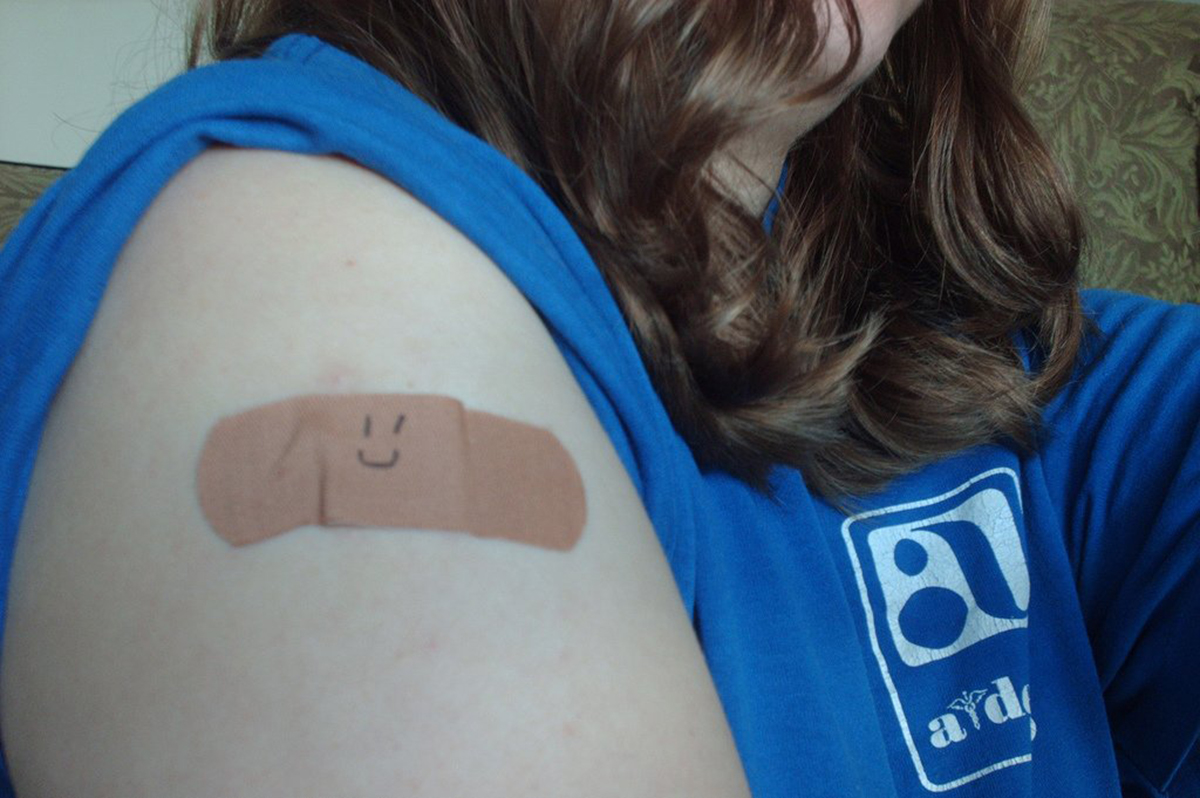Table of Contents
Vaccination truthers have been publishing articles reporting that American children will soon be required to take a staggering 271 different vaccines. It is true that at least 271 vaccines are under development, but legal requirements are another matter.
It's always fair to ask your physician whether his or her own children are vaccinated. It's always fair to ask what the evidence is for a vaccine, and whether or not it contains certain potentially harmful ingredients. (Expect your doctor to know more than you can find on the Internet, ask your doctor, don't inform your doctor.)
It's also fair for your doctors to ask you to sign a waiver, relieving them of legal liability, if you refuse to get a shot.

The required vaccinations in the US in 2015 are a lot fewer than 271. There are some changes to vaccination schedules, however, that would surprise most anti-vaxxers.
- The new guidelines limit the number of children who can be given live-attenuated flu vaccine, the nasal spray influenza vaccine. Children who have had asthma attacks in the past year probably won't get the nasal spray. Children aged 2 to 17 who take Aspirin in any form won't get the spray. Neither will pregnant women, people who have compromised immune systems, or people who are allergic to eggs.
- Infants (under the age of 12 months) should be vaccinated for measles before they are taken abroad (where risk of getting the disease is higher). They still need the two-shot sequence of measles vaccine when they get back.
- The meningiococcal vaccine (vaccine for bacterial meningitis) should be given to children traveling to parts of the world where the disease is endemic, especially sub-Saharan Africa.
- The new vaccine that covers more strains of bacterial pneumonia, Prevnar 13, is now recommended for all adults over the age of 65. It is given in addition to the older vaccine, Pneumovax 23, which is now given to adults over the age of 50. The two vaccines cannot be given at the same time. If you have already had the old vaccine, then you should wait a year before getting the new vaccine (Prevnar 13). If you have never had either vaccine, then you should get the new vaccine first, and the old vaccine six months to a year later.
- Pneumonia vaccine is now recommended for all adults 19 and older who have cochlear implants, leakage of spinal fluid, or compromised immune systems (such as people who have HIV or who are on steroids or chemotherapy).
- Everyone except infants under the age of six months should get a flu shot every year. Adults who are allergic to eggs should not get the nasal vaccine. They should get a shot with a variety of the vaccine called Flubok.
- Hepatitis A vaccines are recommended for parents adopting infants from abroad.
- Hepatitis B vaccines are recommended for diabetics 59 and younger, and for anyone who has more than one sex partner in a six-month period.
- All adults should receive a one-time pertussis booster shot.
The new guidelines recommend the shingles vaccine for adults 60 and older "as long as they are not pregnant." If you are 60 or older and pregnant, please contact us at SteadyHealth so we can print your story.
- Susan B. Yox, RN, EdD
- Laurie Scudder, DNP, NP
- Laura A. Stokowski, RN, MS. Medscape Vaccine Acceptance Report: Where Do We Stand? Medscape Features. http://www.medscape.com/features/slideshow/public/vaccine-acceptance-report. Accessed 5 September 2015.'
- Photo courtesy of USACE Europe District via Flickr: www.flickr.com/photos/europedistrict/6262744085
- Photo courtesy of rocknroll_guitar via Flickr: www.flickr.com/photos/rocknroll_guitar/3011214544
- vactruth.com/2015/08/03/271-vaccines-in-development/
- www.medscape.com/features/slideshow/public/vaccine-acceptance-report
- (Content is free, but registration may be required.)


Your thoughts on this